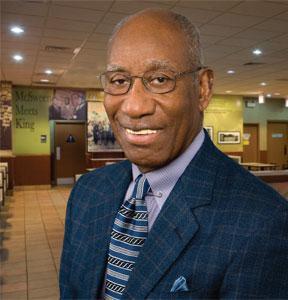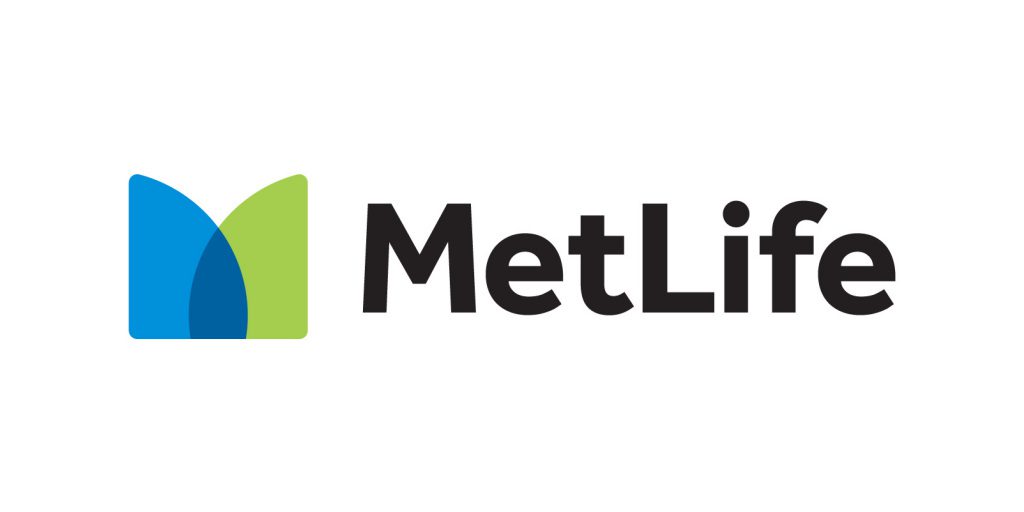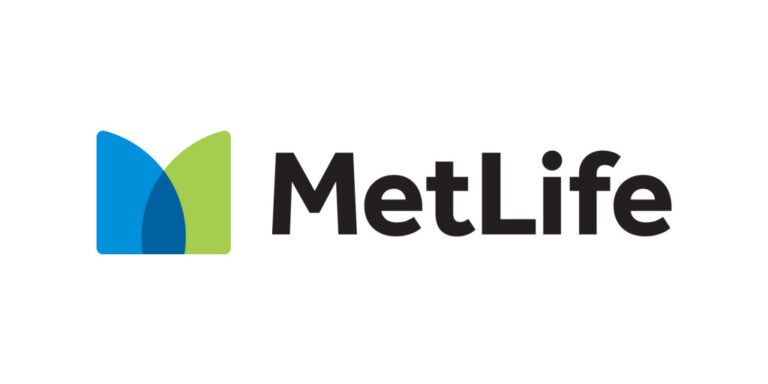When Tanya Hayles founded popular online community Black Moms Connection (BMC), she didn’t want the group’s purpose to be merely inspirational – she wanted tangible outcomes for Black mothers in the community.
“Moms in the group were asking questions like, ‘How do I start a business?’ or, ‘How do I save for my child’s education?’ I wanted a program that would address that gap,” she says.
Started as a Facebook group with 12 women in 2015, the non-profit has since become a go-to destination for Black mothers seeking support, advice and community, boasting more than 25,000 members and chapters in cities across North America and Asia.
In the past year, her team has organized programs including #YouOKMama, a wellness series supporting the wellbeing of Black moms, as well as a goal-setting workshop and a financial literacy summit. In collaboration with corporate sponsors, BMC also provides financial support grants to Black mothers in the GTA and beyond.
The need for the group has been particularly acute during the pandemic, says Ms. Hayles. She notes that while all women have faced challenges, Black women and mothers have been especially affected because they tend to be overrepresented as front-line workers, child-care service providers and health-care workers, making them more vulnerable to the virus. A recent report published by the Canadian Women’s Foundation reveals that the most perilous front-line jobs are usually done by Black, immigrant or racialized women.
“Black women haven’t had the luxury of working remotely or trying to help their kids with virtual learning,” Ms. Hayles says. “And it becomes more worrisome when they have to deal with multiple burdens – [such as] the racial and gender wage gap.”
For Ms. Hayles, a single mother, the issue of child care is an urgent one at the core of BMC’s mission.
“Parents who need to work part-time, evenings and weekends need to know that their children are in a safe space,” she says. “In my last research, I found that there are only two 24-hour child-care centres in the GTA. One is in Brampton and one in Barrie, that’s it! I would like to open the third,” she says.
Resources and advice designed for Black mothers
One of the core programming pillars at BMC is the organization’s financial literacy program, FinLit U. The free, eight-week program tackles topics including budgeting, investing, wills and estates – all designed for Black mothers.
Brampton consultant and educator Rahel Appiagyei-David, a regular attendee of BMC events, stresses the importance of the group’s approach to programming.
“It gives me access to a group of women just like myself, as well as financial advisors from the community who know where I’m coming from,” says Ms. Appiagyei-David, who also served as a coordinator for the FinLit U program. “It has helped me run my own business while also tackling personal finance matters where I can advise my children on matters of investments, income and taxes in a culturally relevant manner.”
Ms. Hayles cites the Government of Canada budgeting tool as an example of a resource that was not built with the needs of Black women in mind.
“The tool suggests that the average Canadian spends $30 per trip to get their hair done. And of course, all the moms [in our group] started laughing because, first of all, our hair care products alone can cost us $30, and you will never find a Black hair salon that can do braids, hair twists, all those things for that amount. I’ve never paid $30 to get my hair done and as long as I live, that’s not a price that we’ll see,” she says.
“So, it’s that nuance that a Black-led financial literacy program brings to the table,” Ms. Hayles says. “And that makes all the difference.”
Question: I lead a team of highly energetic and creative individuals. We’ve really bonded through the pandemic through Zoom and Slack, with a lot of jokes and banter in between the work. But I feel that in recent months the familiarity has gotten a little too extreme. There is too much joking, teasing and personal comments. I need to rein this in, but the truth is, my team is effective and I don’t want to dampen morale. How can I handle this without coming across as the “mom” stomping out the fun?
We asked Jana Raver, E. Marie Shantz Professor of Organizational Behaviour at Smith School of Business, Queen’s University in Kingston, Ont., to field this one:
It sounds like there’s a fine line here between having fun at work and that step into incivility, where too much joking and teasing can result in people taking it the wrong way. When someone has reached that limit and they are doing something that’s a little bit inappropriate, it’s important to prevent that kind of incivility from taking root. As you said, you don’t want to be the mom stomping out the fun, but you can address it by saying something like, ‘Hey, let’s tone it down a little bit.’ Or, ‘Let’s think about a different way of putting that.’
If these sorts of incidents get really bad, you may need to address it privately. But I don’t read from this question that there’s extreme incivility or mistreatment going on. If you do it as a formal meeting, it can sometimes turn into a bigger thing than it probably is, like ‘Uh-oh, I have a meeting with the boss.’ And then it could actually escalate the situation and hurt the team.
It’s actually more norm-setting to rein it in publicly. That way, everyone is on the same page and you all have shared expectations of what the limit is for the team.
Beyond addressing these kinds of incidents as they happen, as a team leader, you also need to do some soul searching. Ask yourself, ‘What are the limits? What is acceptable behaviour and what isn’t? What are the values we need to uphold in this team?’ Building a respectful workplace is very much about saying, ‘This is who we are.’
Once you’ve answered those questions, I would talk to the team in a positive way and say, ‘One of the things I’ve always loved about this team is how well we get along. I love that we’re friendly with each other, but we need to uphold professionalism as a key value too. We need to maintain that level of respect for everybody and not push it too far.’
By emphasizing respect and kindness for each other, your team will know what the standard is and understand the values you’re trying to uphold.
















